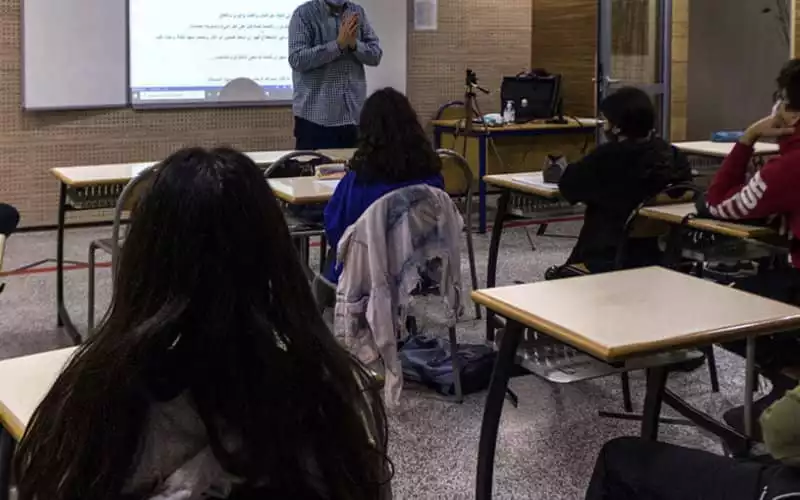Morocco: French-language education at the heart of a new controversy

Political actors are expressing their opposition to loan agreements totaling 130 million euros and a 4.7 million euro grant signed by the Deputy Minister in charge of the Budget and the Director of the French Development Agency in Rabat to finance the strengthening of French-language education in the Moroccan education system.
Ahmed Abbadi, a member of the Progress and Socialism group in the House of Representatives, contacted the Minister of National Education, Primary Education and Sports to alert him to the need to put an end to the hesitation concerning the issue of teaching languages and language teaching. According to his explanations, the two agreements signed on March 20 - World French Language Day - which enshrine teaching in French, "invite us to question what the National Education and Primary Education and Sports sector had previously revealed concerning the orientation towards the adoption of English in the teaching of scientific subjects at all secondary levels by 2030." These agreements, the elected official notes, are in contradiction with the National Charter of Education and Training. They also contradict the concept of linguistic alternation in the framework law on the education and training system and scientific research, which stipulates that linguistic alternation is a pedagogical approach and an educational choice investing in bilingual or multilingual education, aimed at diversifying the languages of instruction.
To read:
For Abbadi, the financing recently received by the Moroccan government for the anchoring of the French language in education in Morocco "clearly indicates the problem of linguistic hesitation and the inability to make a practical choice, as well as the retreat from previous commitments to strengthen English teaching at different preparatory and secondary levels." He also asked the Minister of National Education to reveal the objectives of these two agreements. He also questioned Chakib Benmoussa on the measures and procedures his department would take to implement the provisions of the framework law on the education and training system and scientific research related to linguistic alternation and its diversity.
"We must attach particular importance to the English language, as it plays the role of a universal language in the fields of science, technology and international relations, while the learning of other foreign languages must be done to the extent that they represent for us an opening to other cultures or for practical economic or diplomatic reasons," strongly recommended Abdesselam Cheddadi, a linguist researcher, through a research document presented to the Higher Council of Education. According to him, French must be treated with realism and caution. "French represents a valuable asset because of our past and present relations with France, but it also constitutes a danger if we let it slow down our project to develop our national languages," added the linguist researcher.
Related Articles
-

Mother of Three Brutally Tortured for 8 Days in Horrific Kidnapping Near Témara
1 September 2025
-

Border Police Crack Down on Thriving Stolen Car Trade to Morocco
1 September 2025
-

Vacation Nightmare: Dutch Teen’s Seizure at Moroccan Airport Leads to Harrowing Medical Ordeal
31 August 2025
-

Morocco’s Intelligence Services: The Unsung Heroes in Global Counter-Terrorism and Drug Busts
31 August 2025
-

Mental Health Crisis Grips Morocco: 425 Cases Spark Calls for Urgent National Action
31 August 2025